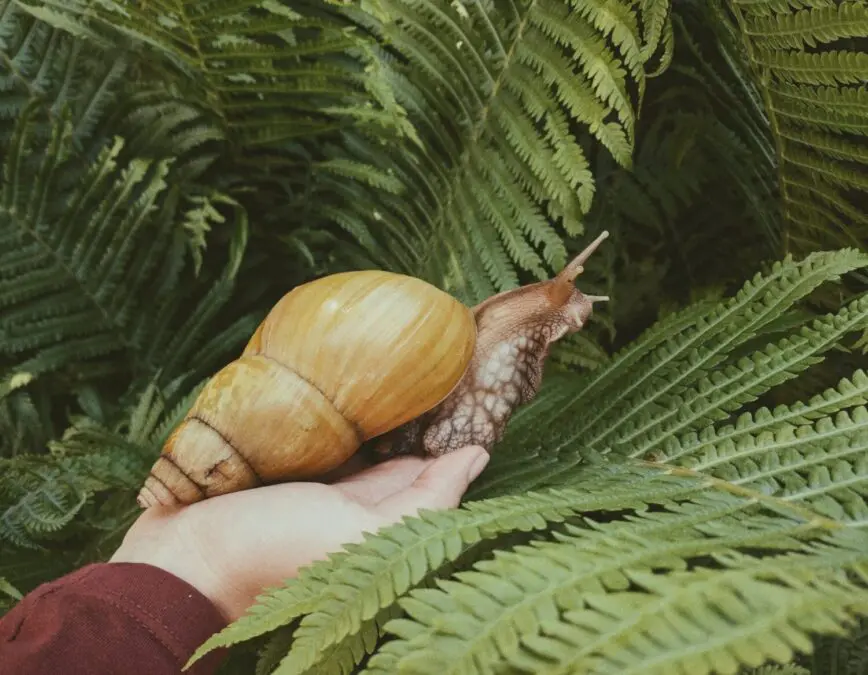About two-thirds of at least 36 known snail pathogens can also infect humans.
Large African snails up to 20 centimeters in length are experiencing a boom as pets in Europe, but Swiss scientists warn against breeding them, DPA reported.
Animals can be dangerous to humans, for example by carrying lung parasites from rats. This can cause meningitis in humans, reports a team of scientists from the University of Lausanne in a publication in the scientific journal Parasites & Vectors.
About two-thirds of at least 36 known snail pathogens can also infect humans. Among the popular species for terrariums are the large African snails of the species Lissachatina fulica and Achatina achatina.
“Social media is full of pictures of people putting the animal in contact with their skin or even their mouth,” said researcher Cleo Bertelsmeier, quoted in a university statement.
She teaches at the Institute of Ecology and Evolution at the Faculty of Biology and Medicine. People believe that snail slime is good for the skin. However, this carries the risk of transmitting pathogens.
Bertelsmeier and her colleagues analyzed photos on social media to see how widespread large snails are as pets.
Many people are not aware of the risks “they are exposing themselves or their children to when they handle snails, for example when they put them on their face,” says co-author Jerome Gippe.
The researchers warn that if the pet trade grows, “it will create more opportunities for the introduction and spread of harmful pathogens to humans and other animals.”
African snails are gluttonous and reproduce quickly. The International Union for Conservation of Nature has included them in its list of dangerous invasive species and defines them as pests, reminds DPA.







